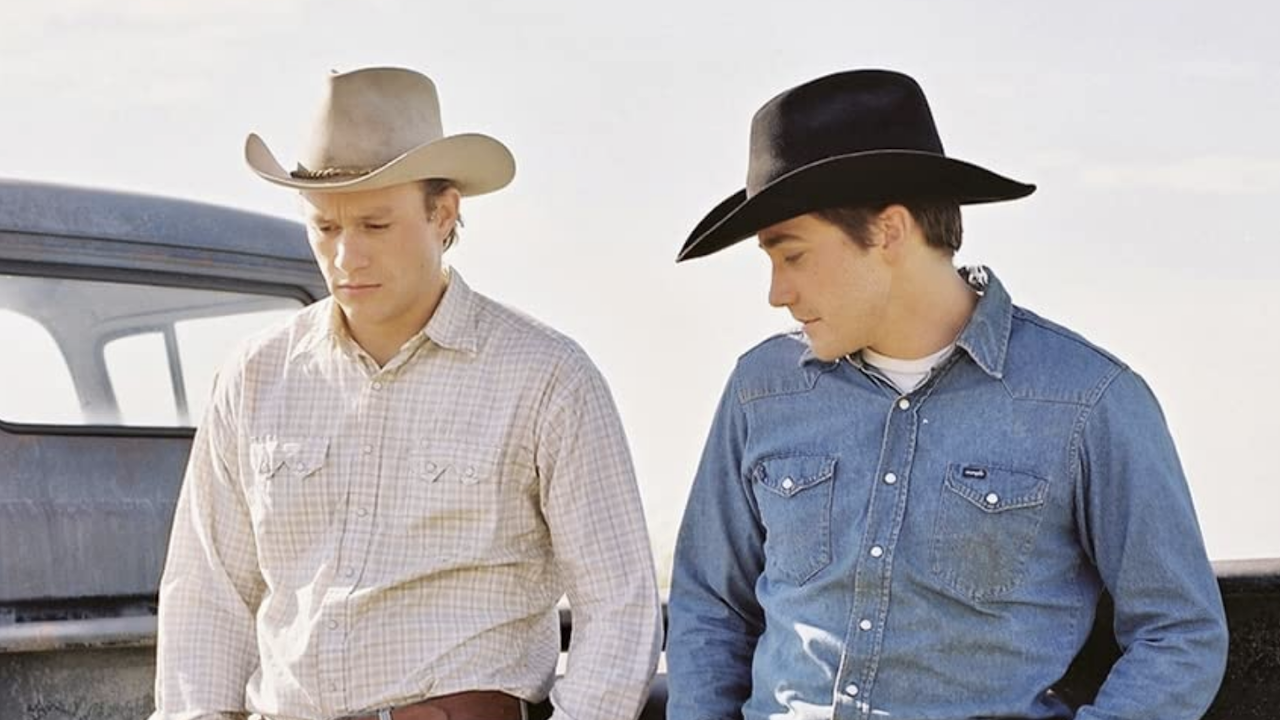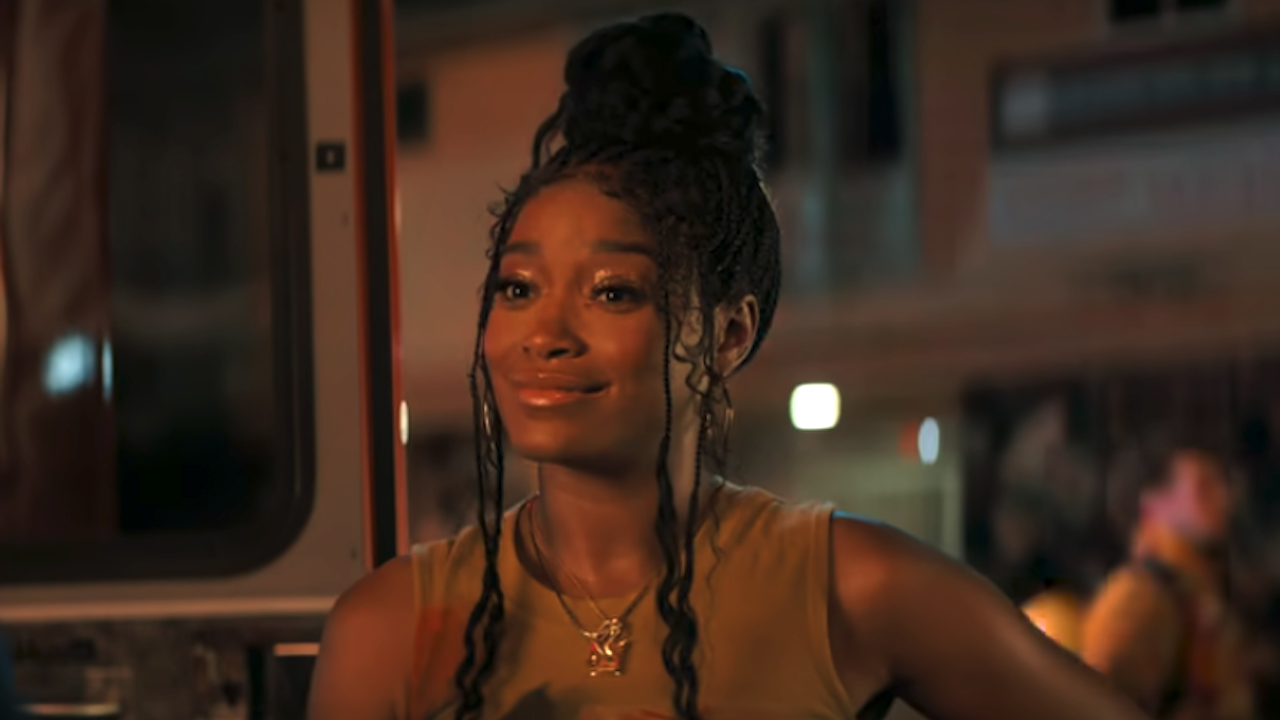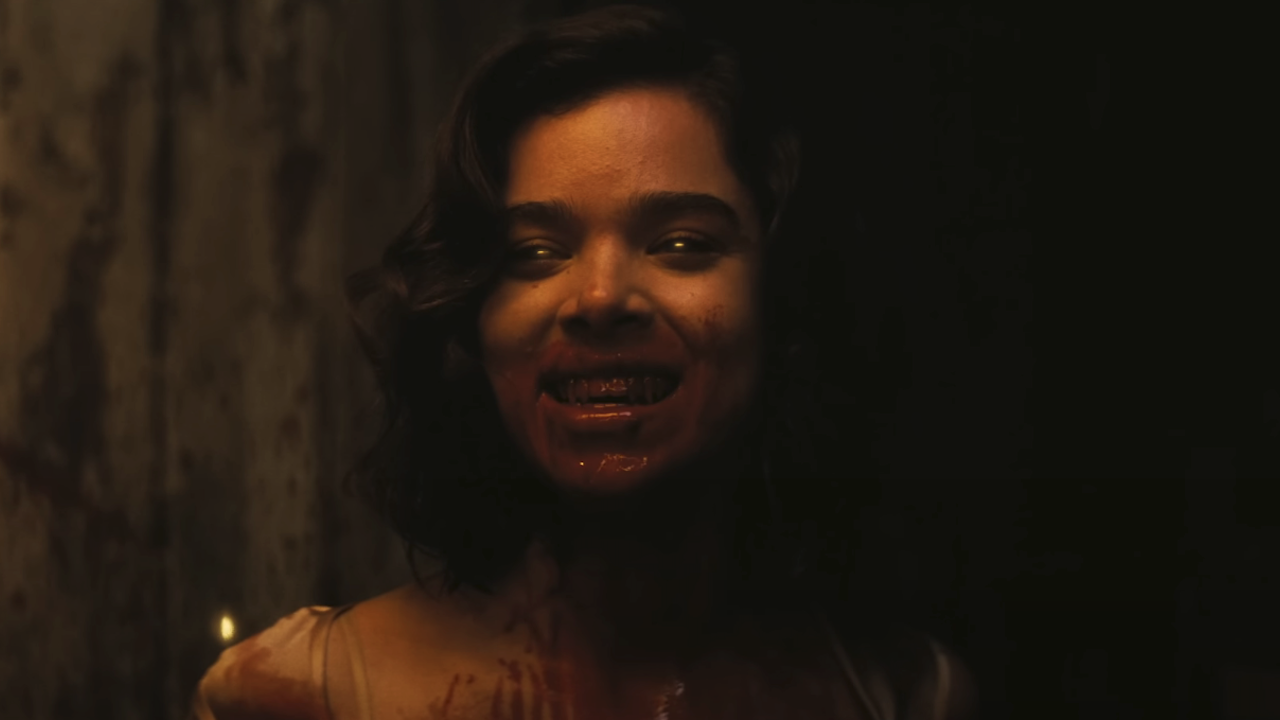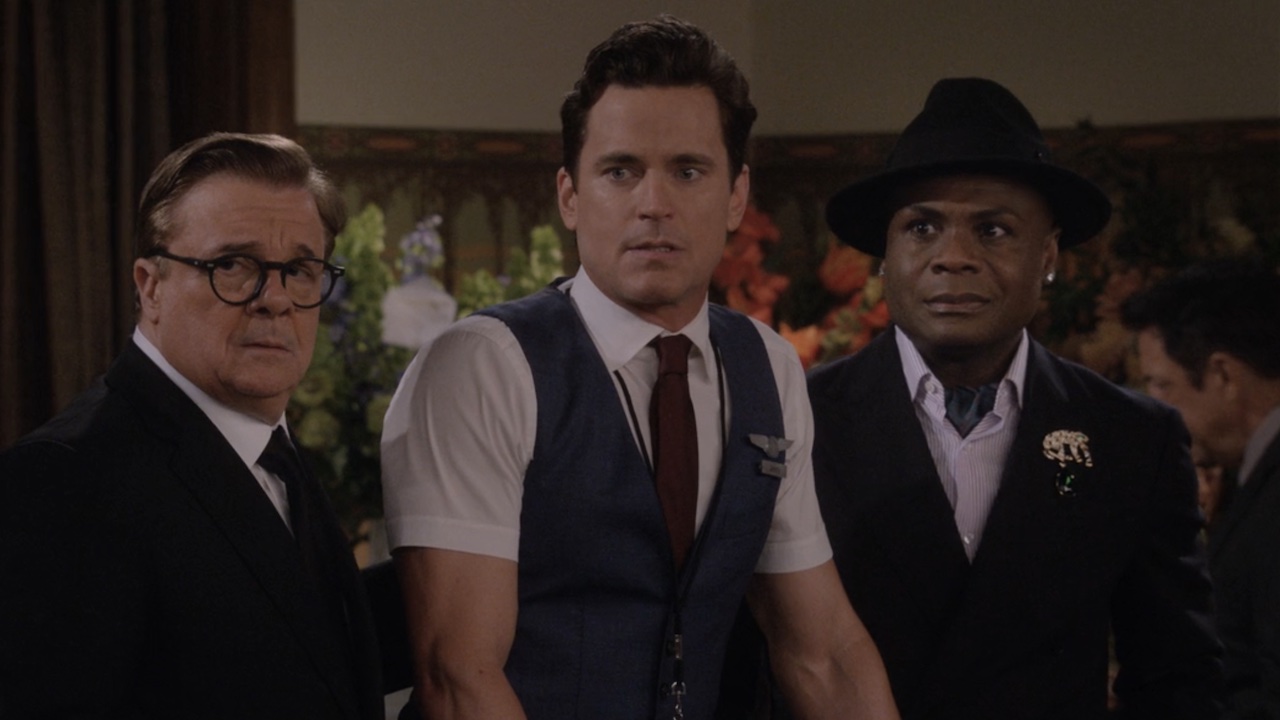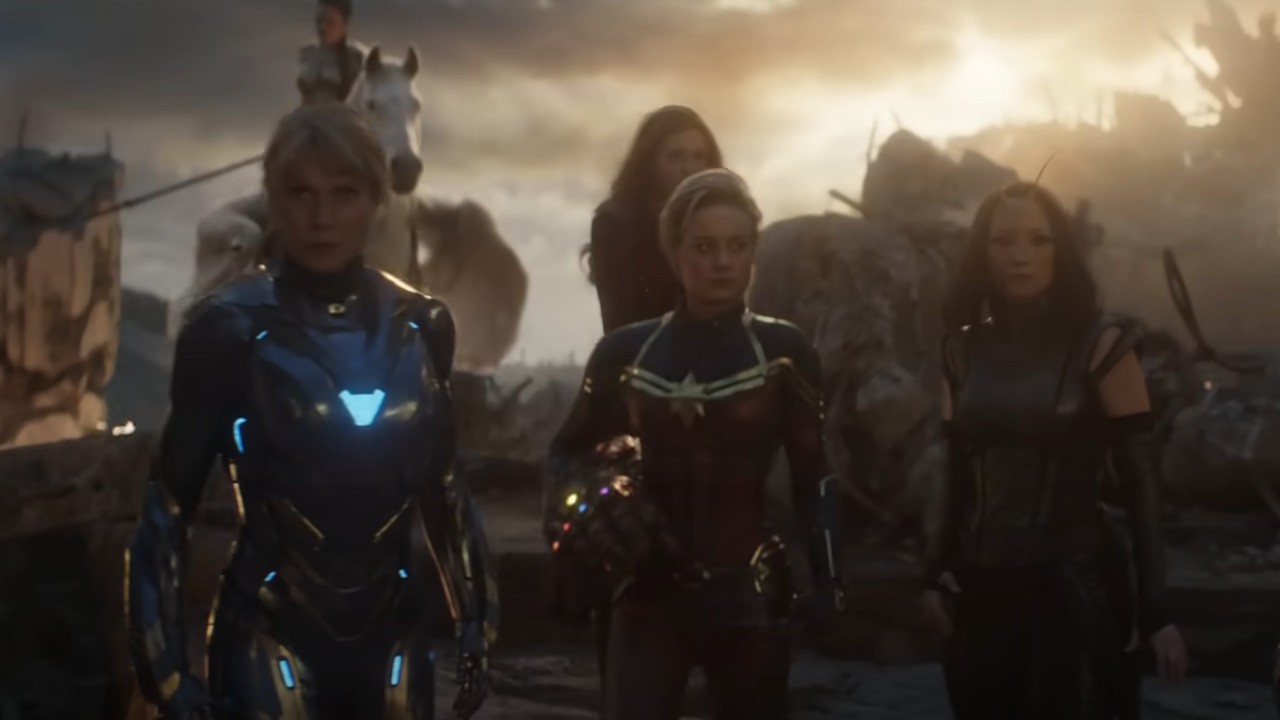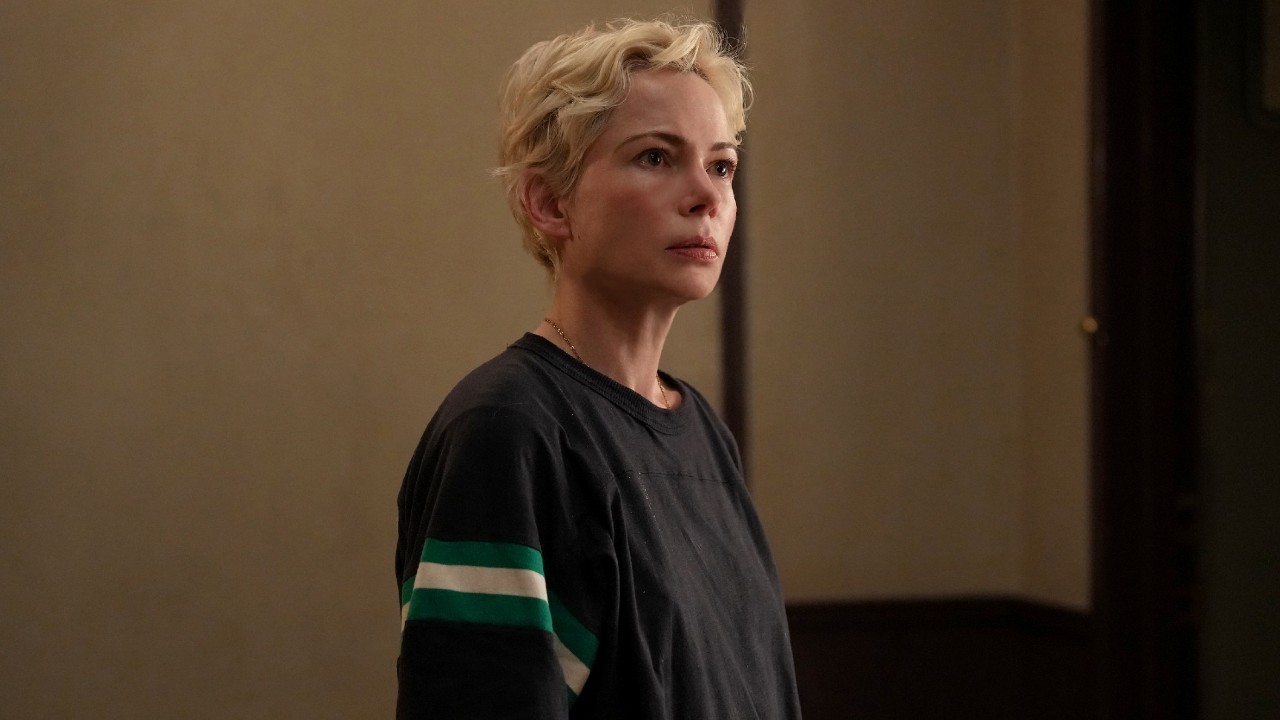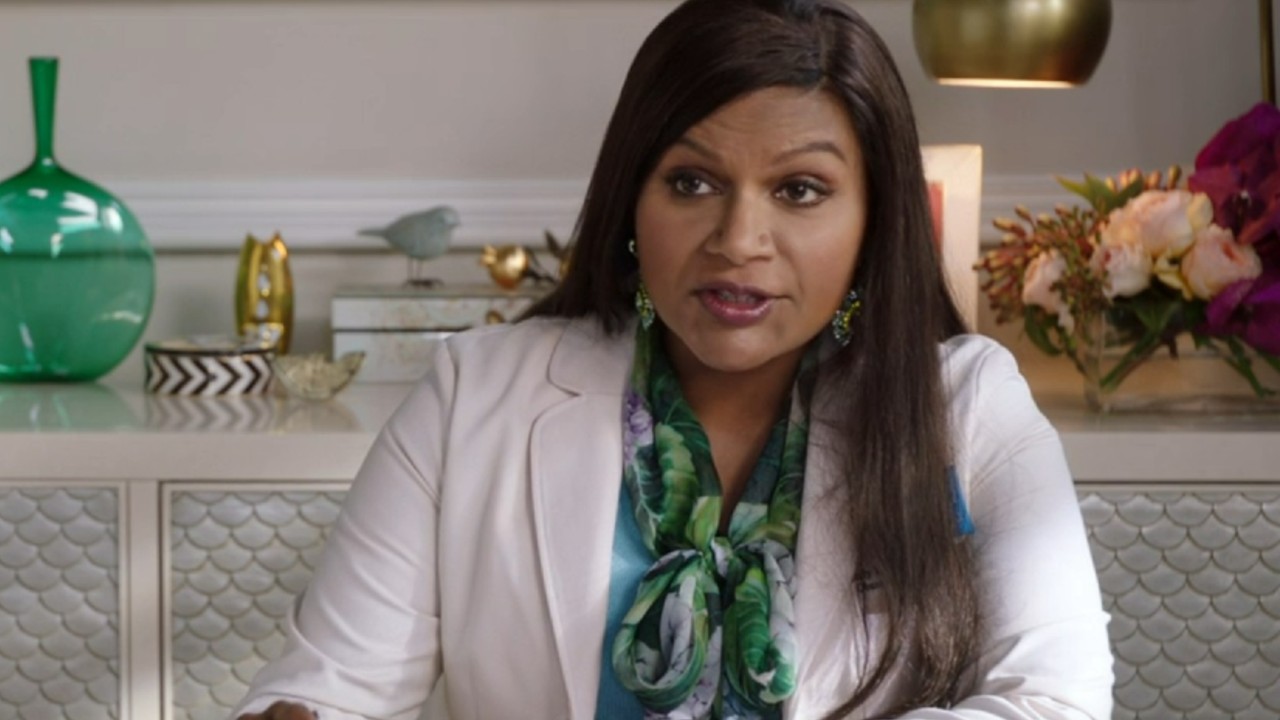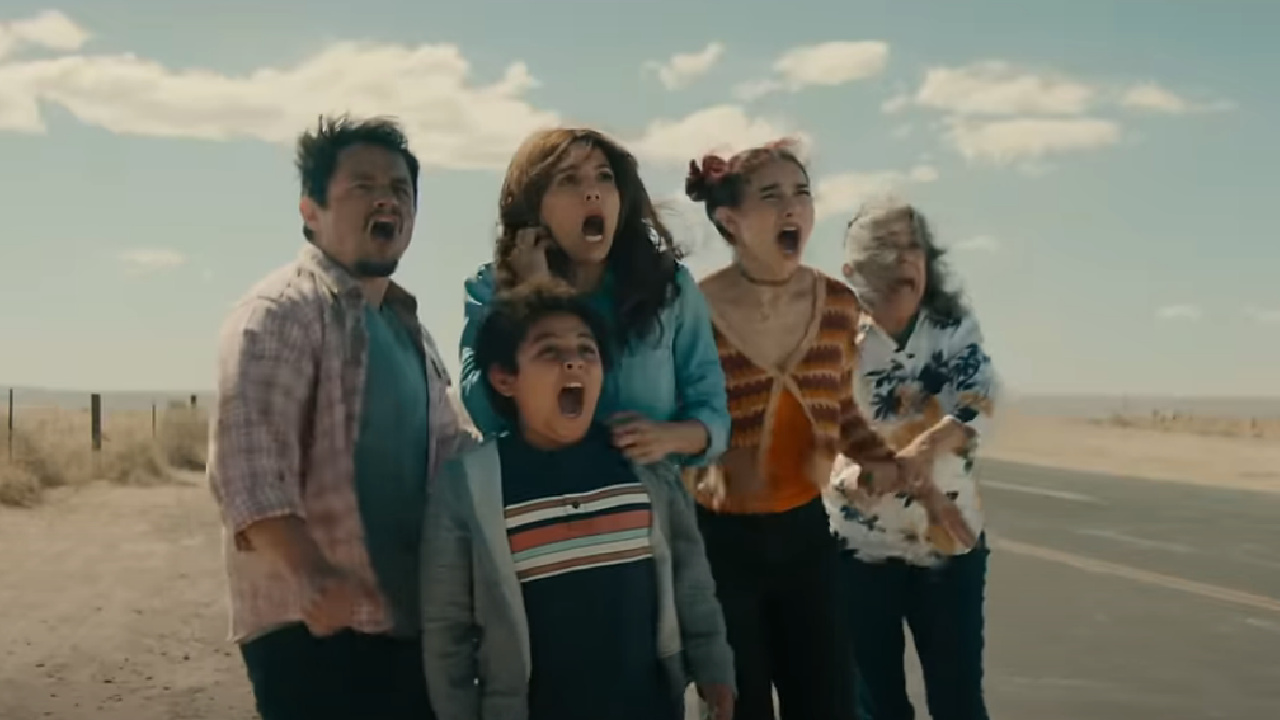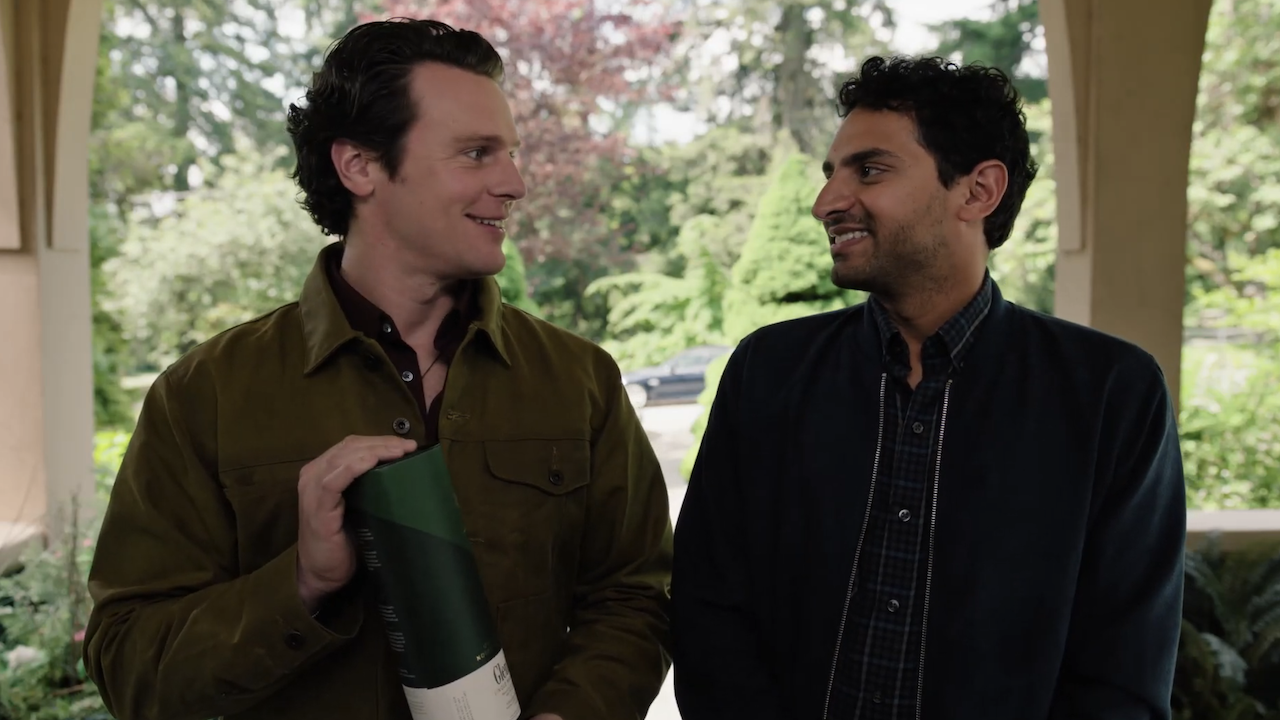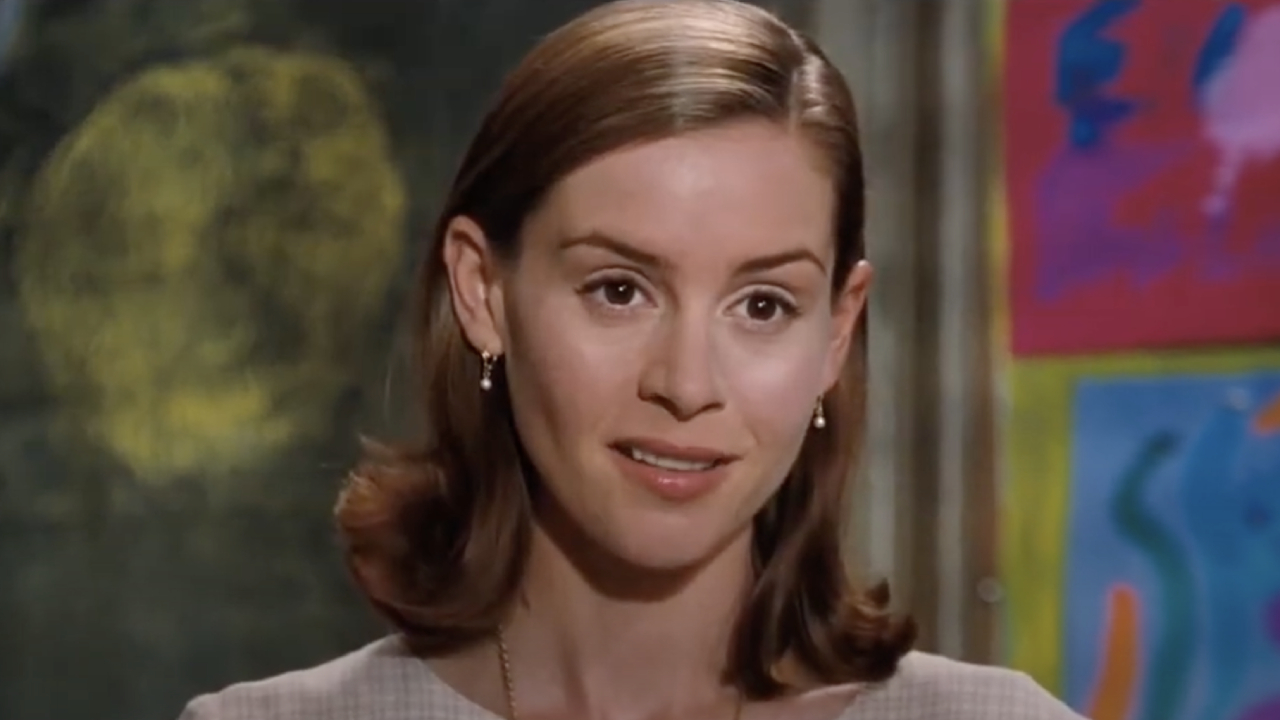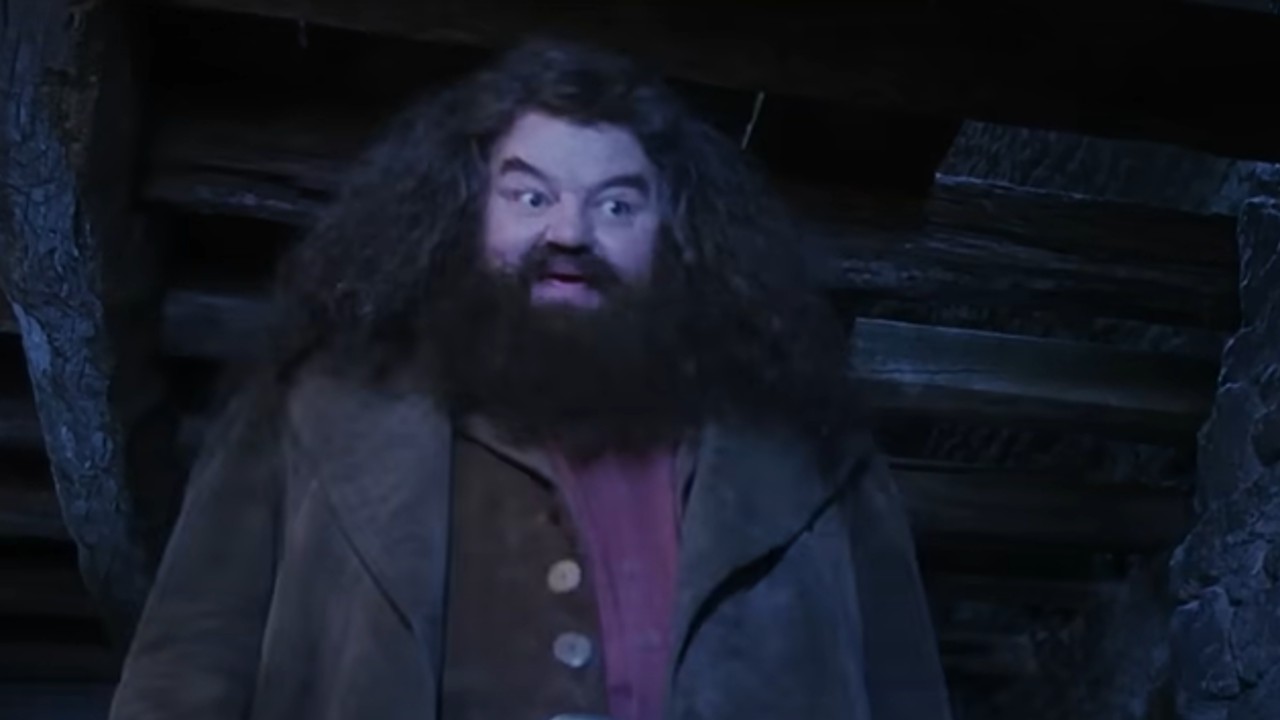Elizabeth Banks And Sigourney Weaver’s Call Jane Is By-The-Book, But Tells A Crucial Story About The History Of Abortion Access
Here's the 4-1-1 from its Sundance premiere.
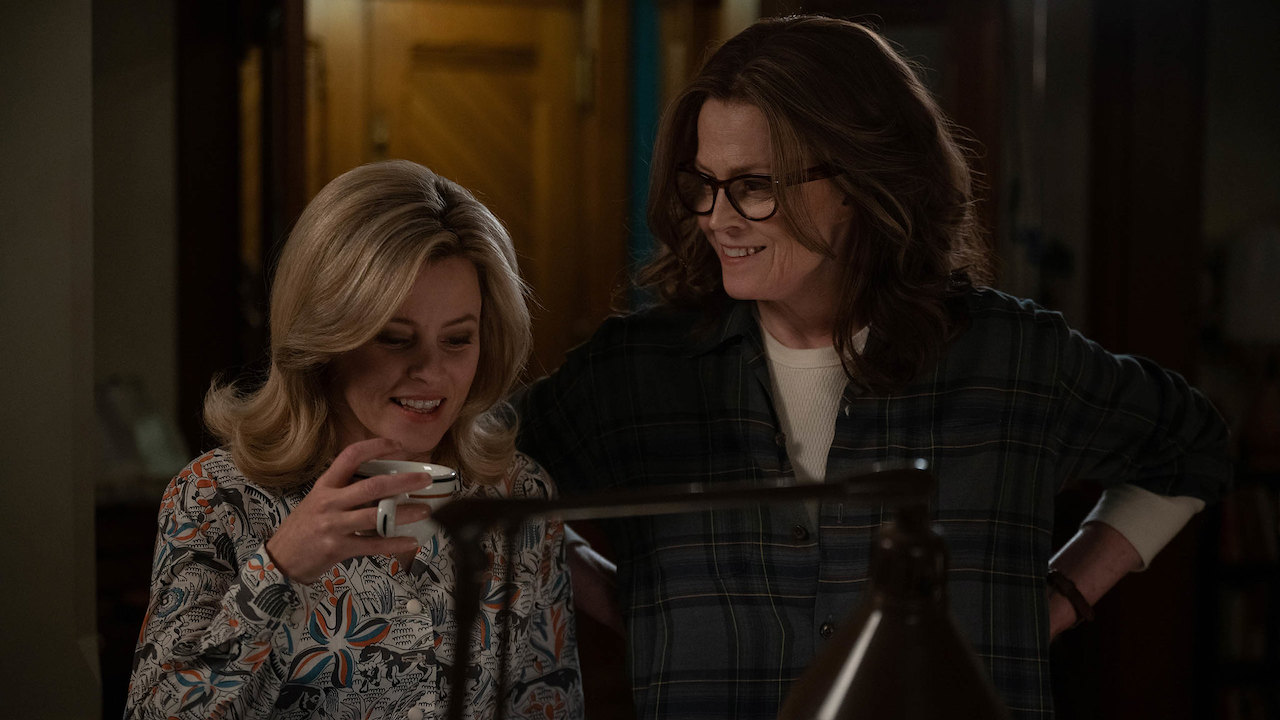
As abortion access continues to be a debated topic amongst U.S. officials to this day, one of the Sundance Film Festival’s most buzzy releases this year is going back to the ‘60s. Call Jane is a star-studded historical drama that features Elizabeth Banks and Sigourney Weaver playing two women in that decade who fought for women’s rights by taking the issue into their own hands. While it’s not nearly among the best films at the festival, the story itself is worth your time.
Call Jane is directed by Phyllis Nagy (who wrote 2015’s awards darling Carol) and informs its audience on the Jane Collective, which was an underground abortion access service ran by women from the late ‘60s up until Roe v. Wade was passed in 1973. Elizabeth Banks, who has been vocal about women’s topics in Hollywood before, leads the film as Joy, a fictional housewife who finds herself looking to get an abortion when her doctor shares that the procedure would be in the best favor of her health.
As Joy quickly learns, she will have to claim that she is on the brink of suicide in order to get approved for the procedure, and once she does get permission, the way it's offered to her is super sketchy and terrifying. It’s then that Joy finds the Janes, which was a real organization that helped women who needed abortions when the government failed to provide these resources to them. Former Alien star Sigourney Weaver plays Virginia, a leader in the Janes, and she and Joy form a professional partnership to help more women who need it.
Unfortunately, Call Jane will likely be another under-the-radar movie about women’s rights to be rarely referenced except during times like Women’s History Month, because it’s not a particularly strong Sundance offering. The movie is a very by-the-book exploration of the Jane Collective, and the fact that Joy’s story is fictional only contributes to this. That being said, I’m still happy I checked out, because it gave me more perspective on the history of abortion access in the U.S.
The biggest standout moments of Call Jane is when the movie is getting specific about the abortion procedure. Movies and television very seldom get into the nitty gritty of what it’s like to get an abortion (especially in the ‘60s), but Call Jane takes its audiences through the process with Elizabeth Banks’ Joy and later on with other women. Don’t worry, it’s not graphic or anything. Allowing audiences to be in the shoes of a woman getting an abortion is the step in the right direction of destigmatizing the topic.
Call Jane could also further the conversation in terms of showcasing the myriad of reasons women seek abortions. One woman cannot continue her chemo treatment without an abortion, for example, while many others were led astray by the sex education system as to how one can get pregnant or raped.
The movie has yet to receive a wide release, but follow along here on CinemaBlend for more Sundance coverage as more films from the festival screen for critics this week.
CINEMABLEND NEWSLETTER
Your Daily Blend of Entertainment News
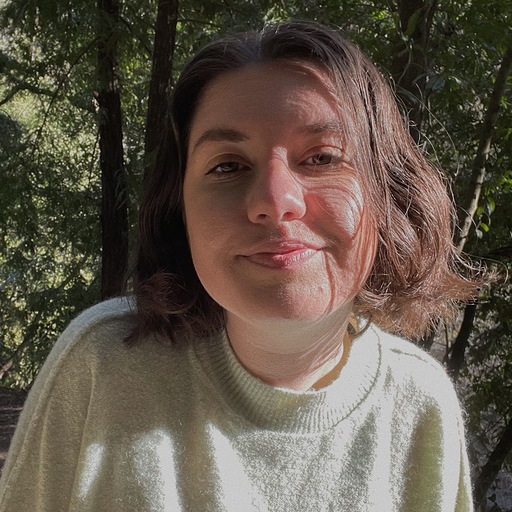
Sarah El-Mahmoud has been with CinemaBlend since 2018 after graduating from Cal State Fullerton with a degree in Journalism. In college, she was the Managing Editor of the award-winning college paper, The Daily Titan, where she specialized in writing/editing long-form features, profiles and arts & entertainment coverage, including her first run-in with movie reporting, with a phone interview with Guillermo del Toro for Best Picture winner, The Shape of Water. Now she's into covering YA television and movies, and plenty of horror. Word webslinger. All her writing should be read in Sarah Connor’s Terminator 2 voice over.
